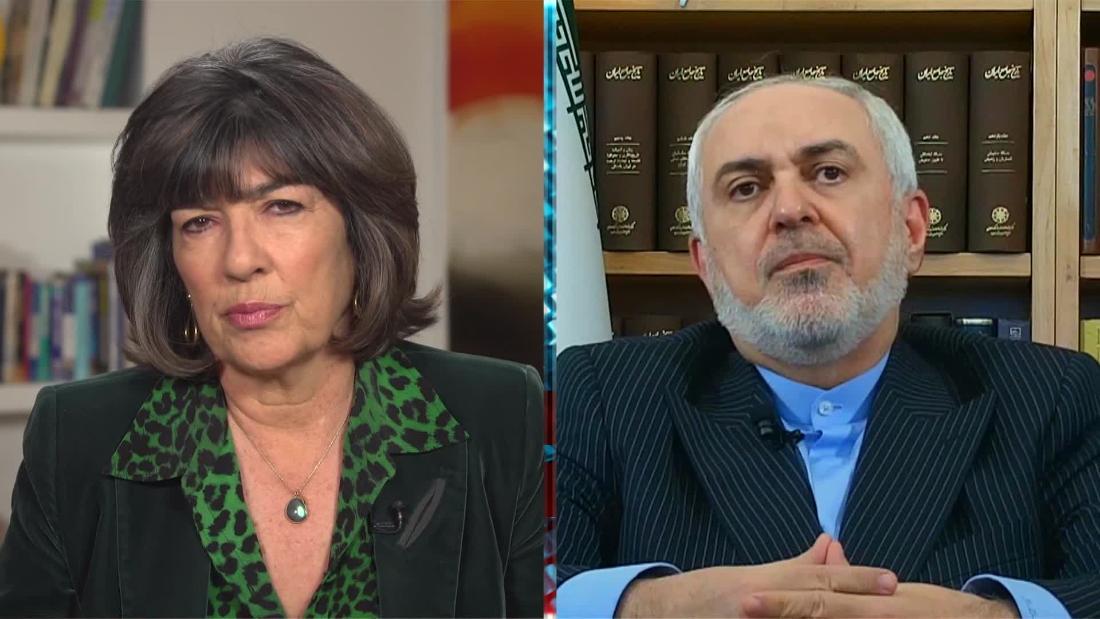In an exclusive interview with Christiane Amanpour of CNN on Monday, Zarif said the Biden administration has a “limited window of opportunity” to re-enter the 2015 nuclear deal.
“The time for the United States to return to the nuclear deal is not unlimited,” he said. “The United States has a limited window of opportunity, because President Biden does not want to portray himself as someone who tries to take advantage of the failed policies of the former Trump administration.”
Tehran has made it clear that any deal now with the Biden government will depend on a reversal of the tough economic sanctions imposed by the Trump administration. In December, the Iranian parliament, dominated by the hardline, passed legislation forcing the government to further increase uranium enrichment if American sanctions are not eased within two months of adapting the law.
Asked how quickly Iran could reduce its uranium enrichment program to comply with the nuclear deal if the US suspends sanctions, Zarif said: “8,000 pounds of enriched uranium can return to the previous amount in less than a day.”
But Iran has publicly insisted that it does not seek a nuclear weapon, a position that Zarif reiterated on Monday.
“If we wanted to build a nuclear weapon, we could have done that some time ago,” he said. “But we have decided that nuclear weapons are not, would not increase our security and are in contradiction with our, eh, ideological views. And that is why we never seek nuclear weapons ”.
At an event for the U.S. Peace Institute on Friday, U.S. National Security Adviser Jake Sullivan said that restoring the deal was a crucial priority for the Biden government – but warned that negotiations could be affected by the fact that Iran has become a more significant threat than in the early years of the JCPOA.
Iran’s ballistic missile capability “has advanced dramatically,” he said. “Their recklessness and sponsorship of terrorism in the region has not diminished and in some areas they have also accelerated.”
Zarif, a former Iranian ambassador to the UN, said Iran had acted in accordance with the dispute mechanisms registered with the JCPOA since the withdrawal of the United States. “Iran used the mechanisms of the nuclear agreement to limit its cooperation. If you read paragraph 36, we acted in strict accordance with the nuclear agreement,” he said.
He called on the United States to suspend arms sales to regional rivals and said the Biden government needs to stick to the original conditions of the nuclear deal.
“The United States needs to accept what we agree on,” said Zarif as well. “We decided not to agree on certain things, not because we neglected them, but because the United States and its allies were not prepared to do what was necessary.”
According to Zarif, the question of who should take the first step to return to JCPOA could be resolved by the EU by the head of foreign policy Josep Borrell.
Borrell could put on his “hat” as coordinator of the JCPOA Joint Commission “and sort of choreograph the actions that are needed for the United States and the actions that are necessary for Iran,” he said.
